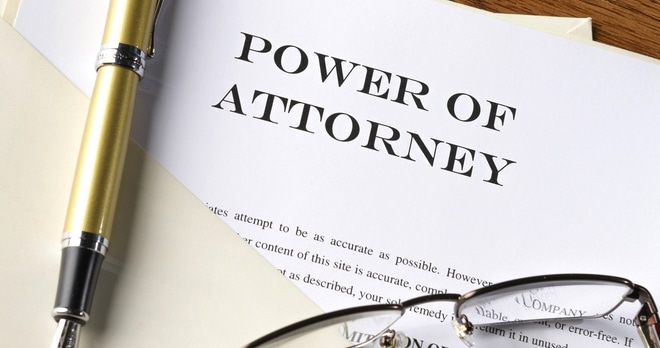Good Morning Britain star Kate Garraway and Lasting Powers of Attorney – why are they so important?

Kate addressed the practical implications of not having the correct documents in place. Like many couples, some of the assets that Kate used and needed access to were in her husband’s name. In Kate’s case among others the car, the insurance, and some bank accounts, were in her husband’s name.
To add to the stress of looking after two young children, the family car was stolen. Without a power of attorney and with the car and insurance being in her husband’s name, getting the situation resolved with the insurers posed a number of unnecessary hurdles. Whilst companies like to be as helpful as possible, without instructions from the policyholder an insurance company cannot readily deal with a situation such as Kate’s without a Lasting Power of Attorney.
If Kate and her husband had put Lasting Powers of Attorney in place, whilst the situation would have still been difficult emotionally, the practicalities of dealing with everything from the insurers to the banks would have been much easier. This would have taken a huge weight off in a very difficult and stressful time.
What are Lasting Powers of Attorney and why are they so important?
Lasting Powers of Attorney (LPAs) are powerful documents allowing you to appoint a person or persons (your attorneys) to act on your behalf if you are unable to do so yourself. This authority can continue even if you lose the mental capacity to make decisions for yourself.
LPAs are different to Wills. LPAs allow your attorneys to make decisions on your behalf whilst you are alive whereas a Will allows your executors to deal with your estate once you have died. It’s therefore important to have both.
What decisions can my attorneys take for me?
There are two types of LPA – the property and financial affairs LPA and the health and welfare LPA.
The property and financial affairs LPA allows your attorneys to deal with your money, assets and finances, including operating your bank accounts, paying your bills and selling your property or investments. As well as being able to take these decisions once you lack mental capacity, your attorneys can – with your permission – take these decisions while you are still capable to do so. This can be helpful if you are unwell, lack mobility or are on holiday, for example.
The health and welfare LPA allows your attorneys to take decisions about things like your medical treatment, day-to-day care and where you live. If you wish, you can also give them permission to take decisions about life-sustaining medical treatment, such as turning off a life-support machine (or alternatively, you can restrict this kind of decision so that they are made instead by your doctor). Unlike under the property and finance LPA, your attorneys can only act once you lack mental capacity.
Who can be my attorney?
You can choose anyone to be your attorney, but as an LPA is a very powerful document, it must be someone you can trust. Most people appoint close family or friends, as acting on your behalf can involve important personal decisions. An attorney can still be named as an executor and/or beneficiary of your Will.
Storage
The hope would be that LPAs do not need to be used but should the need arise it’s important that they are readily accessible and stored safely.